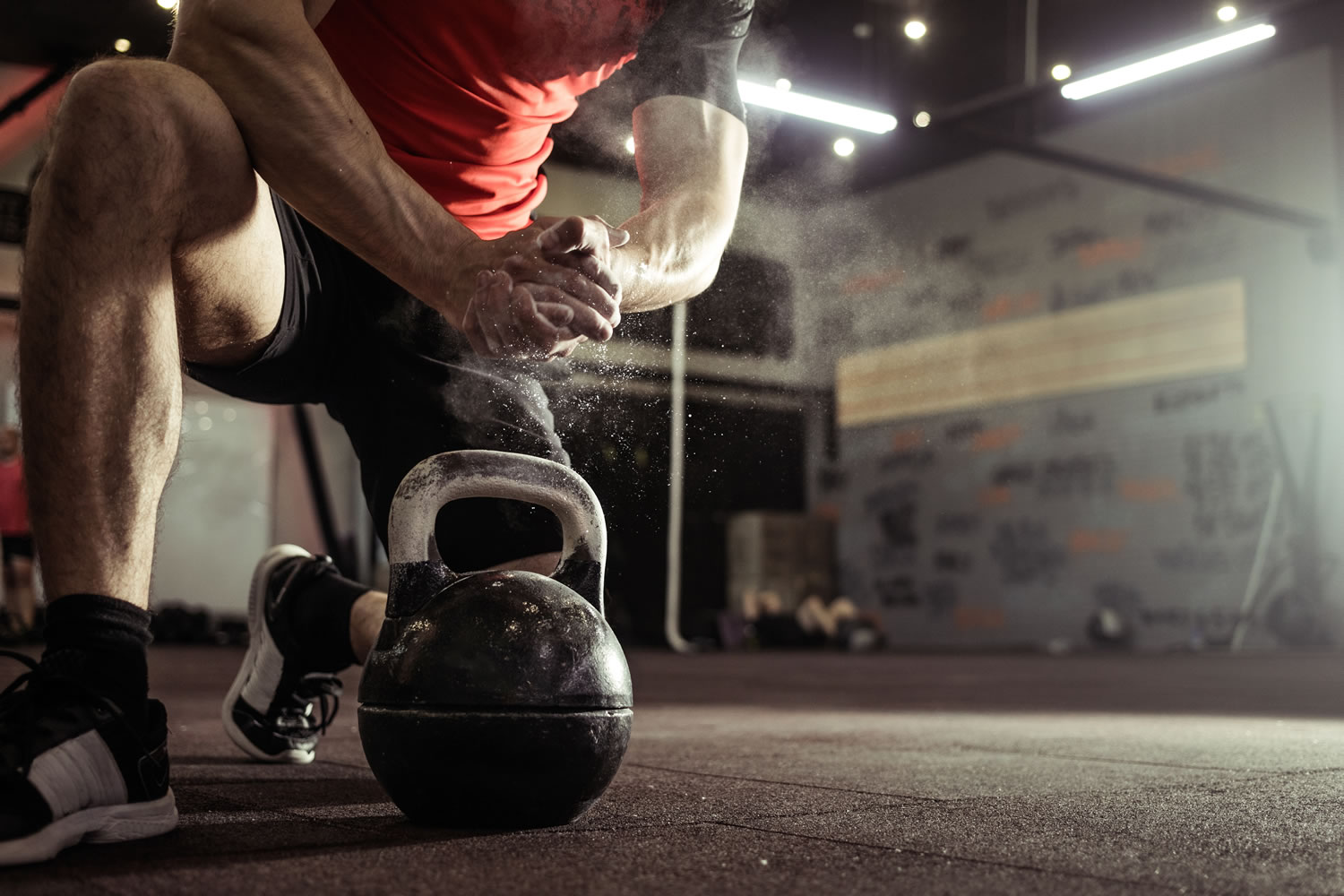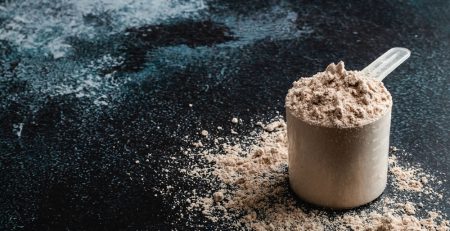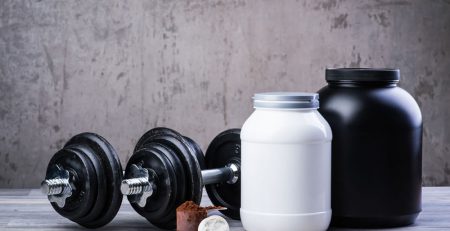Does soy protein improve body composition?
Soy Protein & Body Composition
Diets rich in protein increase thermogenesis, spare muscle protein, and improve glycemic control. Consuming protein before or after exercise also increases protein synthesis1. Put together, these benefits have the potential to improve body composition. Let’s take a look at whether or not soy protein has a role to play in increasing muscle mass and decreasing body fat.
What does the research say about soy protein and body composition?
Postmenopausal Women2 3 4
There are a few studies that looked at soy protein’s effects on body composition in postmenopausal women. In one, 46 women were split into four groups: 1) 25 grams of soy protein per day, 2) 25g of soy protein plus resistance training, 3) 25g of maltodextrin, 4) placebo plus resistance training. The results showed that there were no significant body fat changes in any of the four groups. In the two resistance training groups, there was an average increase of almost three pounds of muscle mass.
Another study on postmenopausal women included 180 participants. The researchers split the subjects into one of three groups: 1) 15 grams of soy protein with 100mg of isoflavones per day, 2) 15 grams of milk protein with 100mg of isoflavones per day, 3) 15 grams of milk protein without isoflavones per day.
The results of this study showed the soy group, on average, lost about 1.5 pounds more than the milk+isoflavones group. The soy group’s body fat decrease was 1.3% greater than the milk+isoflavones group.
In the final study on postmenopausal women, researchers looked at the effects of soy protein compared to milk protein in 202 volunteers. Both groups received approximately 25 grams of their respective protein per day. The results of this study did not show any significant effects on body composition after soy protein consumption.
Middle Aged Males1
In a study on middle aged (50-65 years old) men, researchers split 40 subjects into three groups. Of those groups, one of them consumed 26 grams of a soy protein per day while also engaging in resistance training. The resistance training plus soy group saw significant increases in muscle mass and significant decreases in fat mass. The researchers concluded that soy protein enhanced the effects of resistance training.
Younger Males5
In the final study, researchers looked at the effects of soy protein on 41 males aged 18-40. The subjects were split into several groups taking various types of protein supplements (soy isolate, whey blend, soy concentrate, soy/whey mix). Regardless of the source, subjects took 50 grams of protein supplements per day.
All groups saw a significant increase in muscle mass. The soy concentrate group saw the biggest jump. Body fat did not change in any of the groups.
The Bottom Line – Should I take soy protein to improve body composition?
The research on whether soy protein improves body composition is mixed. The studies conducted on postmenopausal women indicate that soy protein does not lead to changes in body fat, however, when combined with resistance training, supplementation increases muscle mass.
The research conducted on males is a little more promising. Both studies showed significant increases in muscle mass. One of the studies also showed a decrease in body fat.
Soy protein does not appear to have the ability to improve body composition on its own; this is probably true of all supplements. The research shows that when combining soy protein with resistance training, most individuals see improvements in composition in the form of more muscle and less body fat.
With the increased popularity of plant-based diets, soy protein is a great choice for those looking to reduce their reliance on animal products. The research confirms that soy protein improves body composition when combined with exercise.
Soy Protein Series
Does soy protein decrease testosterone levels?
What are the health benefits of soy protein?
Does soy protein increase strength?
Does soy protein improve cardio?
Does soy protein speed up recovery?
Final Verdict – Is soy protein worth taking?
References
- Deibert, P., Solleder, F., König, D., Vitolins, M. Z., Dickhuth, H.-H., Gollhofer, A., & Berg, A. (2011). Soy protein based supplementation supports metabolic effects of resistance training in previously untrained middle aged males. The Aging Male, 14(4), 273–279. doi: 10.3109/13685538.2011.565091
- Maesta, N., Nahas, E. A., Nahas-Neto, J., Orsatti, F. L., Fernandes, C. E., Traiman, P., & Burini, R. C. (2007). Effects of soy protein and resistance exercise on body composition and blood lipids in postmenopausal women. Maturitas, 56(4), 350–358. doi: 10.1016/j.maturitas.2006.10.001
- Liu, Z. M., Chen, Y. M., & Ho, Y. P. (2010). A mild favorable effect of soy protein with isoflavones on body composition—a 6-month double-blind randomized placebo-controlled trial among Chinese postmenopausal women. International Journal of Obesity, 34, 309–318. doi: 10.1038/ijo.2009.236
- Kok, L., Kreijkamp-Kaspers, S., Grobbee, D. E., Lampe, J. W., & Schouw, Y. T. V. D. (2005). Soy isoflavones, body composition, and physical performance. Maturitas, 52(2), 102–110. doi: 10.1016/j.maturitas.2005.01.003
- Kalman, D., Feldman, S., Martinez, M., Krieger, D. R., & Tallon, M. J. (2007). Effect of protein source and resistance training on body composition and sex hormones. Journal of the International Society of Sports Nutrition, 4(1). doi: 10.1186/1550-2783-4-4












